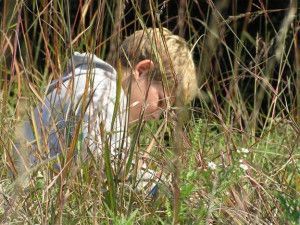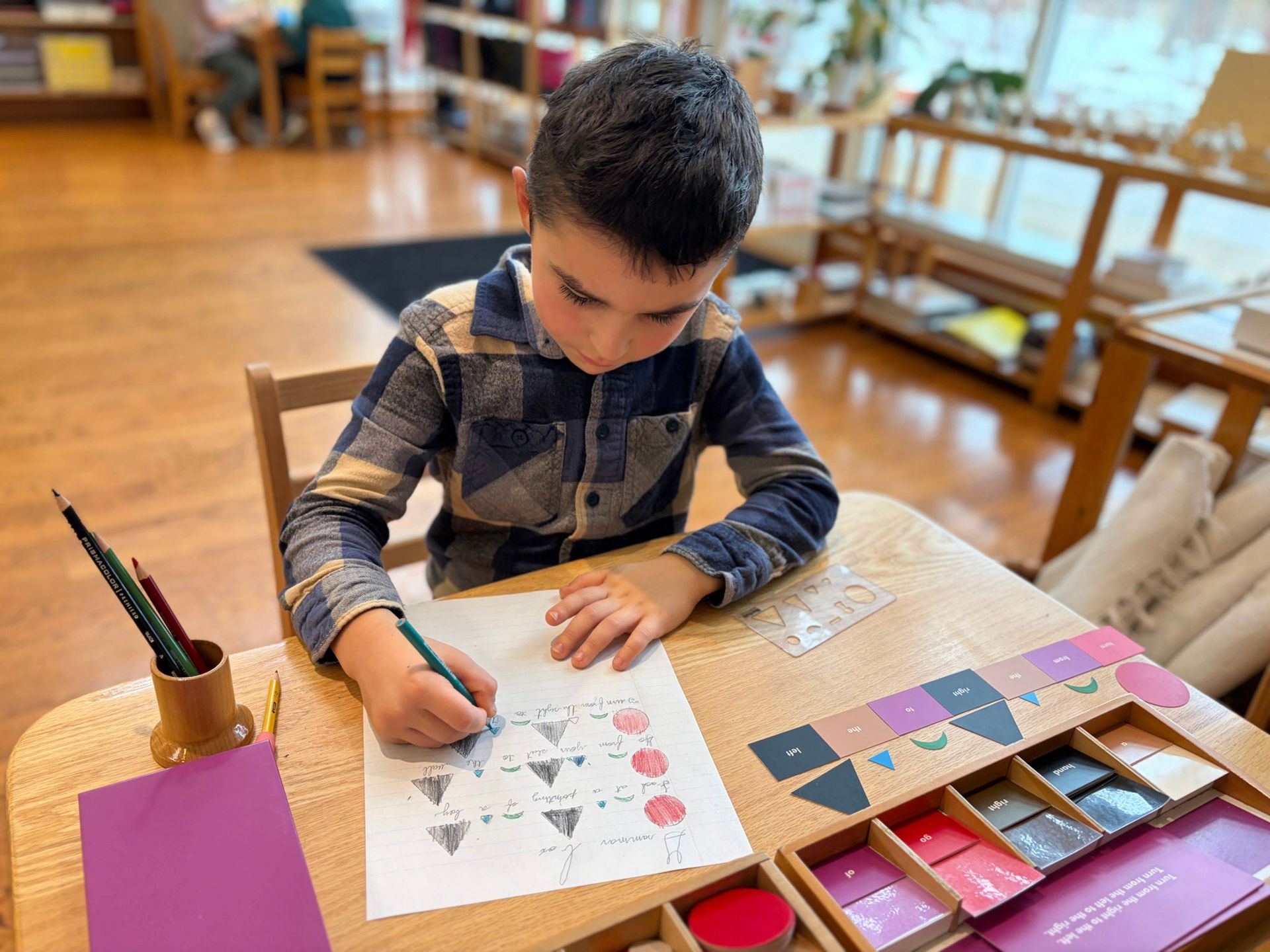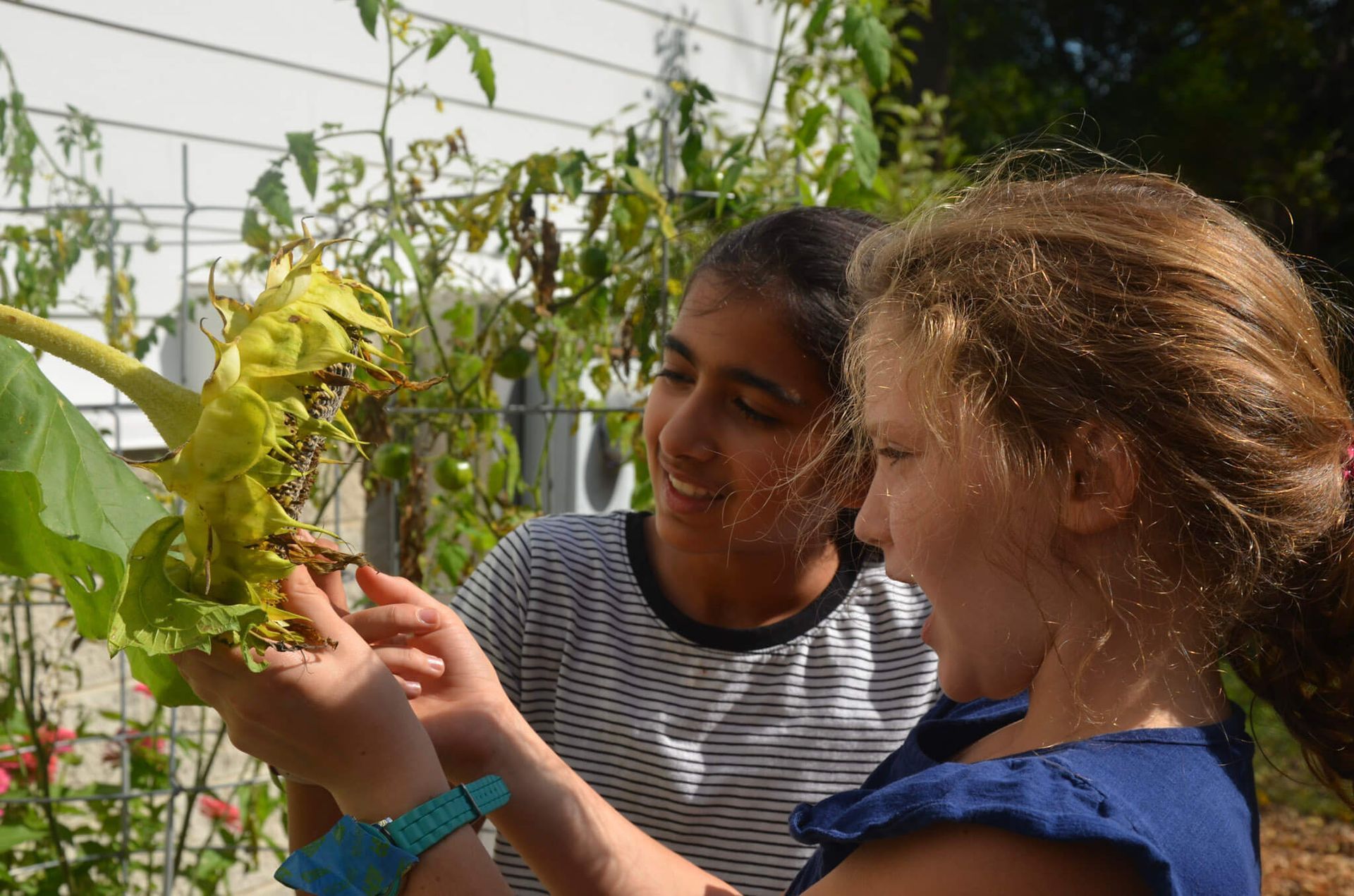
Vicki Abeles, author of the 2010 documentary, The Race to Nowhere, raises grave concerns about how children are being affected by increased pressures from their schools and their parents to perform at the highest level: Schools pile on the testing and homework; parents pile on after-school sports, lessons, tutoring, and expectations. The results are alarming: anxiety-ridden, unproductive young people who are unprepared to cope with life’s most basic challenges.
The examples Abeles describes in the article “We’re destroying our kids- for Nothing: Too much homework, too many tests, too much needless pressure,” published by Salon on October 31st, 2015, and again this past Sunday in “Is School Making Our Children Ill?” from The New York Times, ring the familiar bells of what has become a mainstream family lifestyle. Even though we rarely come across the described stress and over-scheduling in our community at Forest Bluff School, these messages are important reminders for us to recommit to the main principles of Montessori to raise thoughtful, happy, healthy, productive people. As adults, we can best aid our children on this quest by doing 3 things in our homes:
Prepare the environment: which means providing a routine that gives a child a chance to rebalance herself after the school-day; some time for reflection and reading, creativity/(free time to play), outdoor exercise, and time to make a contribution to the family by helping with dinner or caring for the home. Basically, this means to give the gift of time to be a child and to be a contributing member of a family community. Having a home that is simple, has many books available, a few art supplies and natural outdoor spaces is most likely to inspire reflection, creativity, and activity. It is through reflection, creativity and their own actions that our children form themselves as unique people.
Model healthy behavior: which means to slow ourselves down and take care of ourselves as adults to give back to the world with energy the next day. Reading, taking a walk outside, and spending time in thoughtful conversation are the kinds of healthy behaviors our children need to see from their parents. This teaches them how to care for themselves and re-energize in the same ways.
Provide some freedoms that require responsibility: which means allowing our children to take part in making decisions about their contributions, giving them some freedoms to make certain choices and honoring their personal tastes, with the balance of expecting our children to handle this respectfully and responsibly. This will help them to be gradually prepared for the freedoms and expectations of their future adulthoods.
Raising our children to be prepared for the challenges of life comes down to basing decisions on these three guidelines. This is precisely why the only “homework” assigned to Forest Bluff children and their parents is to read together, prepare family meals, and care for the home environment together. Families follow these suggestions and their children come to Forest Bluff School rested, energized, ready to learn, work hard, make choices, solve problems, think creatively, and give to others. By raising your children this way, and choosing a school that supports this model, you are proving that it is possible to resist surrounding cultural pressures to follow the “race to nowhere.”
Links to related articles:
Is the Drive for Success Making Our Children Sick?


